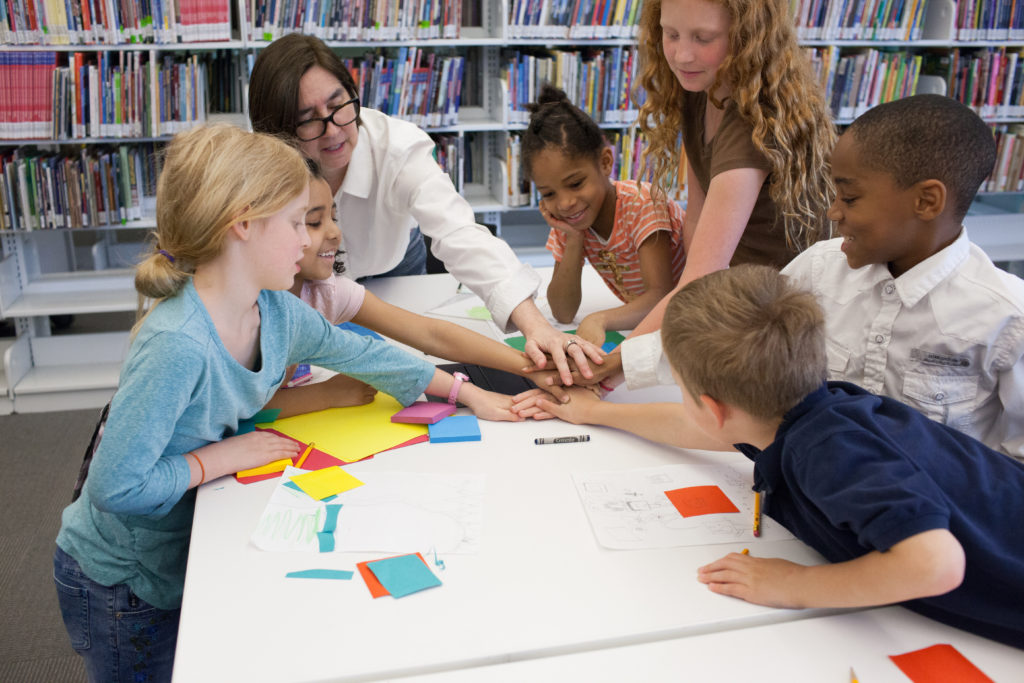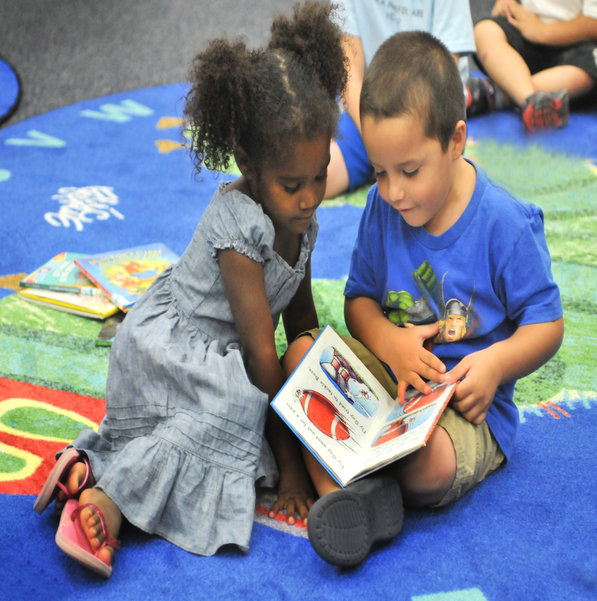We’re on our third week of the #BeKind campaign. This week, we discuss how to be role models to our children so that they, too, may embody kindness.

Children are already hardwired to be kind. Compassion, empathy, and helping others come naturally for our young ones. We see these in the way they share food with friends, with how they care for pets, even with how they show love towards their toys. As parents, it is our responsibility to nurture this innate sense of kindness. It begins with understanding that children learn best by example. They follow what they see, hear, and feel. For our children to grow up kind, they must experience it.
So how do we build a home founded on kindness? Here are some ways:
1. Talk the talk
Compassion and language go hand-in-hand. One effective way to express kindness is through words. “Thank you,” “Please,” and “I love you,” have a significant impact on children. Hearing positive and affirming language at home sets up the foundation for a kind atmosphere. More importantly, hearing and seeing kindness in action makes it easier for children to put it into practice.
What we say is one thing; how we say it is another. Children are sensitive beings. They react to the way we talk to them. When we use an aggressive tone, we instill anxiety and fear. When disciplining children, it is crucial that we attempt a firm, yet loving tone. It is easier said than done when in the heat of the moment, we know. The intent is to model behavior they can practice. We might not always get a gold star on this, but we can certainly try and try until we get better at it ourselves.
2. Walk the walk
We are superheroes in our children’s eyes. They catalog our every action. They want to do what we do. They want to become who we are. This puts us in the best position to demonstrate kindness. Simple acts like smiling at strangers making thank you cards for neighbors, helping someone unload groceries, become the blueprint for how our children will treat other people. When we show kindness in our everyday interaction towards others, ,we become positive role models.
3. Make kindness count
As parents, we want our children to succeed. This often translates to making academic excellence a priority. We help them with their homework, we read books with them, and we reward them when they do well in school. But we could also let our children know that being kind is as important as getting A’s. This means incorporating kindness into their education. When we read to them at night, we can choose books that celebrate compassion, empathy, and generosity. Aside from simply asking them, “How did you do in school today?” we can also ask, “How kind were you in school?” We can even praise them for acts of kindness, like when they help a friend out or extend a compliment. To raise kind children, we have to make kindness matter.
4. Kindness is a family affair
Mary Gordon wrote, “Kindness is not taught; it is learned.” What better way to learn kindness by experiencing it through and with the family. We can integrate regular kindness activities to bond with our children. It can be planned events like a book donation drive or it can be as simple as welcoming the new family into the neighborhood. These activities give our children opportunities to practice kindness and experience how good it feels to help others. They can also expand their empathy circle. Children are naturally kind to family and friends. By extending concern to neighbors, strangers even, they understand that we have to be kind to everyone. And we also create wonderful memories with our kids.
5. Discipline kindly
It is normal for children to act out and make poor choices. When overwhelmed with negative emotions, children can behave in negative and inappropriate ways. As parents, we’re often caught between tolerance and discipline. Why not combine both?
Disciplining kindly is a parenting approach we can use to help our children process their feelings. We can help them develop their emotional vocabulary and explore ways to express them constructively. We can also offer them healthy outlets like drawing what they feel. We have to make them understand that while we accept their negative feelings, we will not allow negative behavior. Instead of phrasing our reactions as punishment, we can phrase them as consequences. Again, calm and constructive conversation is critical. The way we respond to our children serves as an example that we do not need to meet hostility with hostility. Anger and frustration can be treated with compassion. As the author, L.R. Knost wrote, “It’s not our job to toughen our children up to face a cruel and heartless world. It’s our job to raise children who will make the world a little less cruel and heartless.”
Teaching kindness is very different from teaching math or science. It is not something we can simply lecture our children about. Kindness is a product of everyday experiences that begins at home. For kindness to be ingrained in children’s identities as they grow up, kindness needs to be a norm in their lives. This makes parenting one of the most challenging – yet rewarding jobs in the world.
We’ve touched briefly on various areas that we, as parents, can work on to raise kind and compassionate children: language, modeling behavior, and disciplining with kindness. There is more to unpack within each area . To help you with that, Chicago Public Library has curated a select reading list just for you and your little ones.
A big thanks to Flowers for Dreams for choosing the Chicago Public Library Foundation as their non-profit partner this September. 20% of the month’s profits will fund education programs for Chicagoans of all ages at Chicago Public Library. Flowers for Dreams has joined the Curious Movement, how about you?




